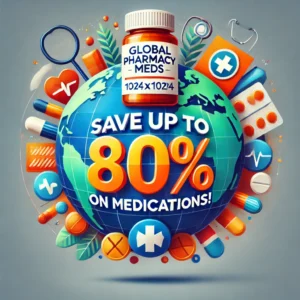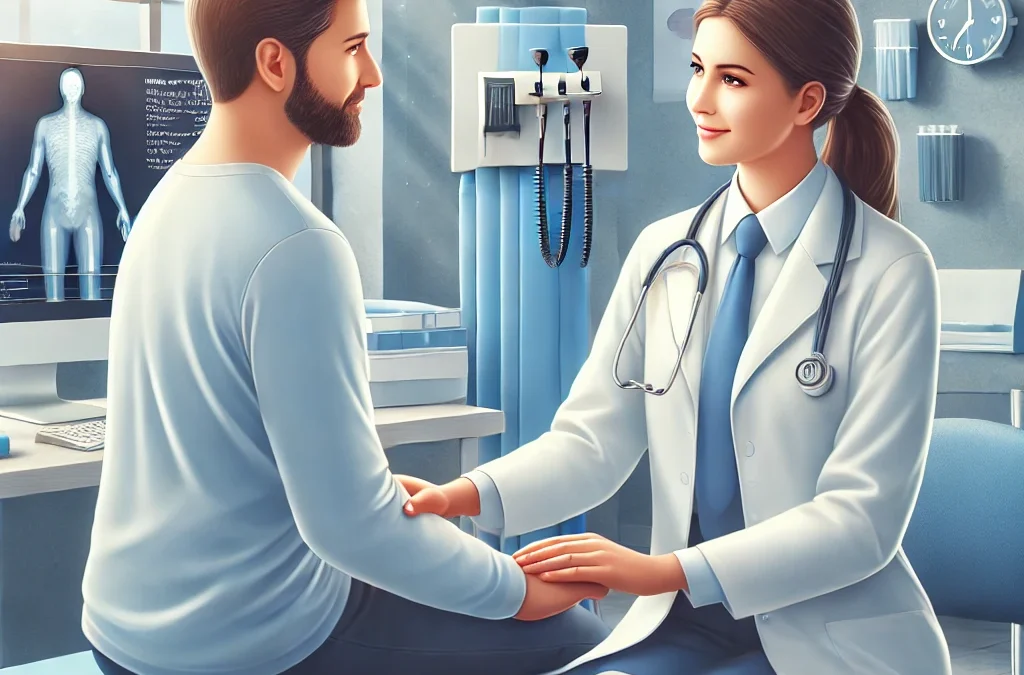Chapter 10: Screening and Early Detection Tools
When it comes to cancer, time is everything. The earlier a cancer is found, the greater the chance it can be treated successfully—often with fewer complications and better long-term outcomes. In many cases, early detection can mean the difference between a routine procedure and a life-threatening diagnosis.
This chapter explores the power of screening, how to personalize your screening plan, and the exciting future of early detection through emerging technologies.
Why Early Detection Saves Lives
Cancer is most treatable when caught in its early stages—before it has spread to other parts of the body. For many cancers, such as colon, cervical, breast, and skin cancer, early detection dramatically improves survival rates.
For example:
-
Colon cancer found early has a 5-year survival rate of 90% or more, compared to less than 15% for advanced cases.
-
Cervical cancer is highly preventable through regular Pap tests and HPV testing.
-
Breast cancer detected via mammogram can often be treated before symptoms appear.
Despite this, millions of people skip routine screenings, often due to fear, misinformation, or lack of access. But screening is not about searching for disease—it’s about staying empowered.
Recommended Cancer Screenings by Age and Risk
Here’s an overview of common screenings and when they’re typically recommended:
1. Breast Cancer
-
Mammogram every 1–2 years starting at age 40–50 (earlier if high risk)
-
Clinical breast exams and self-awareness also encouraged
2. Cervical Cancer
-
Pap smear every 3 years starting at age 21
-
HPV co-testing every 5 years from age 30–65
-
Can often prevent cancer entirely by catching pre-cancerous changes
3. Colorectal Cancer
-
Begin screening at age 45 (or earlier if family history)
-
Options include:
-
Colonoscopy every 10 years
-
Stool tests (FIT or DNA-based) every 1–3 years
-
CT colonography every 5 years
-
4. Prostate Cancer
-
PSA blood test and digital rectal exam starting at age 50 (or 45 for high-risk groups)
-
Discuss benefits and risks with your doctor
5. Skin Cancer
-
Annual skin checks by a dermatologist
-
Self-checks for new or changing moles, lesions, or skin patches
6. Lung Cancer
-
Low-dose CT scan for high-risk individuals (e.g., long-term smokers aged 50–80)
-
Early detection reduces lung cancer mortality significantly
Who Should Start Screening Earlier?
You may need earlier or more frequent screening if you:
-
Have a family history of cancer
-
Carry a known genetic mutation (e.g., BRCA, Lynch syndrome)
-
Have had previous cancer or pre-cancerous lesions
-
Belong to a high-risk group (e.g., certain ethnicities or occupational exposures)
Always discuss your personal risk profile with your healthcare provider to create a tailored screening plan.
Beyond Traditional Screening: New Frontiers in Early Detection
Technology is rapidly transforming how we detect cancer—often before symptoms arise or tumors form.
1. Liquid Biopsies
-
A simple blood test that looks for cancer-related genetic material (ctDNA)
-
Still under development, but promising for detecting multiple cancers at once
2. AI and Machine Learning
-
Artificial intelligence is improving accuracy and speed of radiology scans, pathology reports, and pattern recognition
-
Early trials show enhanced detection rates with fewer false positives
3. Microbiome and Metabolomics Analysis
-
Studies show changes in gut microbiota and metabolic markers may reveal early-stage cancers or risks
-
Potentially used in the future for non-invasive screening
4. Full-body MRI and Ultrasensitive Scans
-
Used in elite health assessments and high-risk patients
-
Not yet recommended for the general population due to cost and overdiagnosis risk
Screening Is Not a One-Time Event
Preventive screenings are most effective when done regularly and according to your life stage and risk profile. Skipping appointments or delaying tests increases the chance that a silent cancer could grow undetected.
Use reminders, scheduling apps, or annual health check-ups to stay on track. And remember—being proactive today could save your life tomorrow.
In Summary
Early detection is not about living in fear—it’s about living with awareness. Routine screenings are one of the most powerful tools in cancer prevention, giving you the best chance of catching problems when they’re small, manageable, and most treatable.
With modern tools and emerging technologies, you have more ways than ever to stay ahead of cancer. Combine these screenings with healthy habits, environmental awareness, and self-care—and you have a full-spectrum defense system for a longer, healthier life.
In the next chapter, we’ll explore the exciting future of cancer prevention through cutting-edge science, including immunoprevention, gut health, metabolic therapies, and more.
Save Up to 80% on Your Prescription Drugs
 Looking to save big on your prescriptions? GlobalPharmacyMeds.to helps you access high-quality medications at unbeatable prices—save up to 80% by filling your prescriptions through our trusted international pharmacies!
Looking to save big on your prescriptions? GlobalPharmacyMeds.to helps you access high-quality medications at unbeatable prices—save up to 80% by filling your prescriptions through our trusted international pharmacies!
Get the same FDA-approved medications at a fraction of the cost while ensuring safety, reliability, and convenience. Why overpay when you can get affordable, authentic prescriptions delivered to your door?
Take control of your healthcare costs today with GlobalPharmacyMeds.to!


